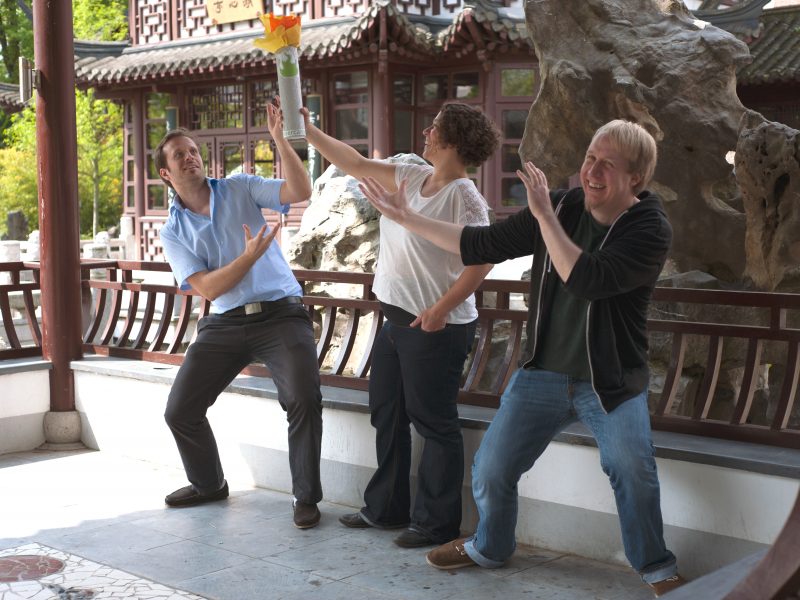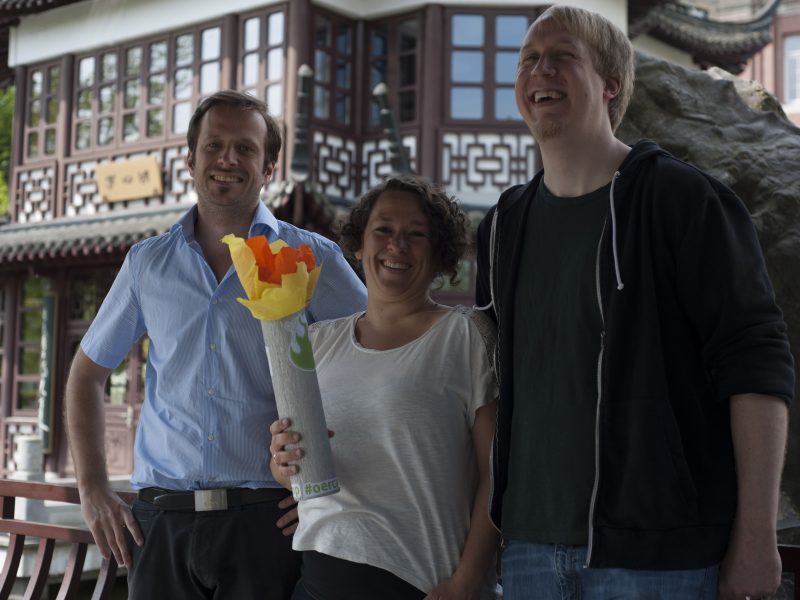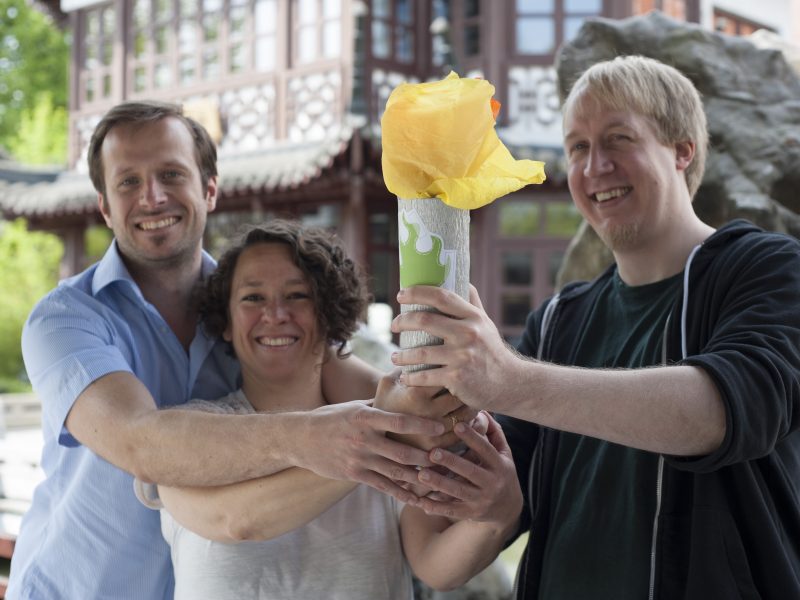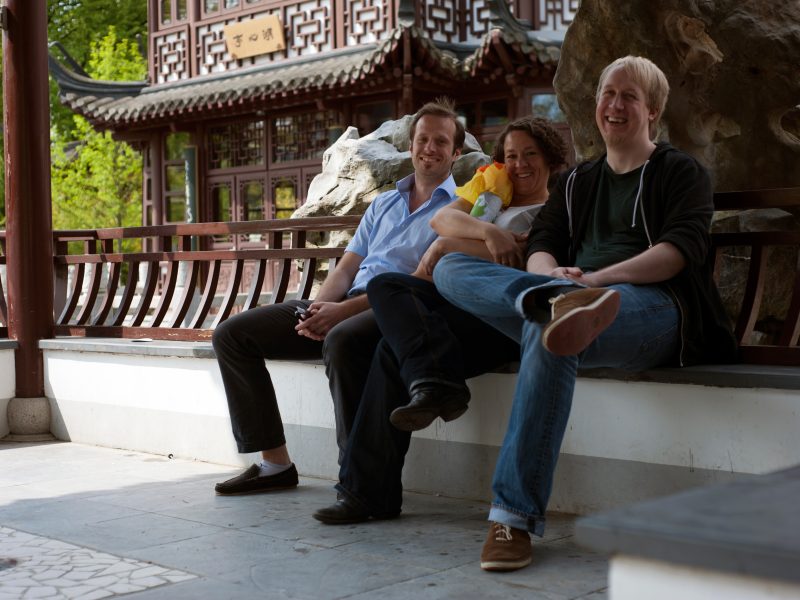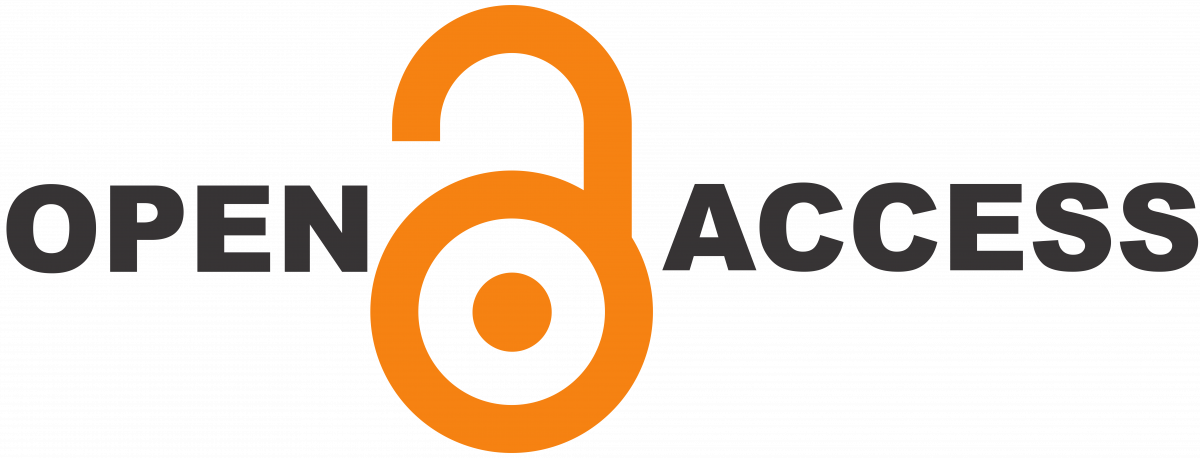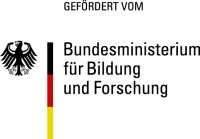This is a re-use of Oliver’s text originally published at olivertacke.de.
Transparency note: I, the author of this post, have been an advocate of initiatives such as the OER movement for many years. Meanwhile, I am also an employee of Joubel. Joubel provides the core team that’s developing the open source software H5P used for creating teaching and learning materials. However, this post is still a personal view.
Educational Data Mining (EDM) and Learning Analytics (LA) are among the top buzzwords of the EdTech scene right now. Both are all about storing and evaluating the content and meta data that has been produced by students. Why? You can e.g. recognize progress in learning. Some people also dream about predicting future performance or problems, while others even want to build platforms that can be adjusted to the learners. Throughout that process, while EDM has a rather reductionist focus and a tendency towards automation, LA favors a holistic view and human decision making and interventions. (cmp. Baker & Inventado, 2014, S. 62).
Both approaches share the need for data. One supplier for those could be the software H5P. It is an authoring tool which enables you to create a wide range of interactive tasks for the web. It spans from multiple choice quizzes or clozes over interactive videos and speaking excercises for pronunciation. Additionally, H5P offers several ways to gather data. This does not only mean to record the results of tasks that students have completed, but also to make note of small experiences such as seeking to a position in a video or switching from one answer option to another.






